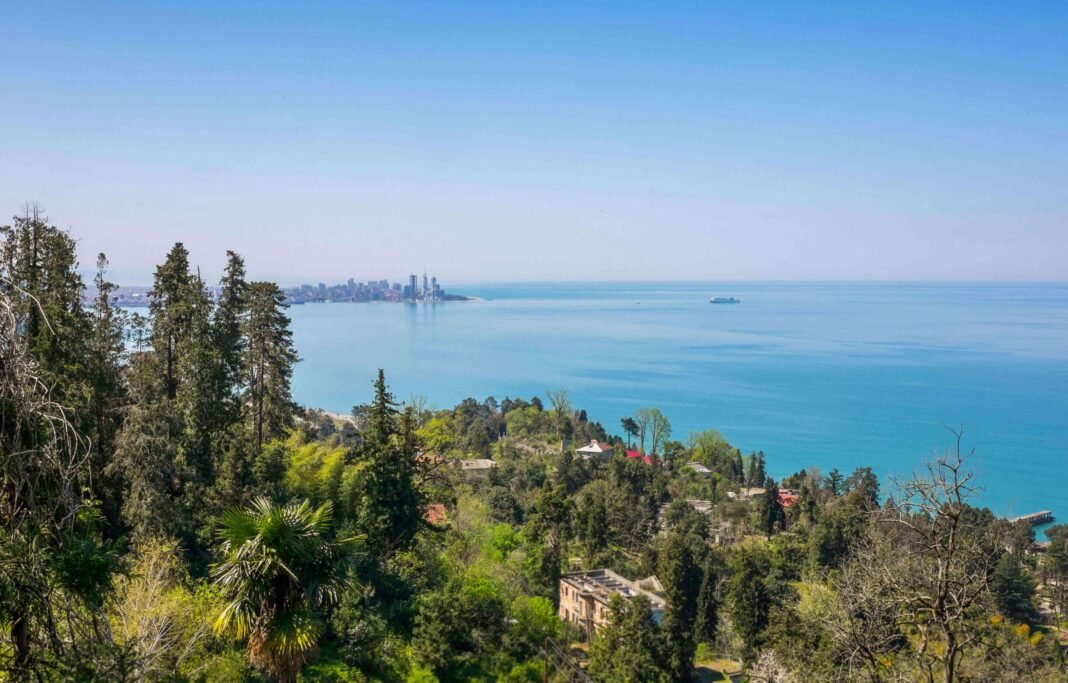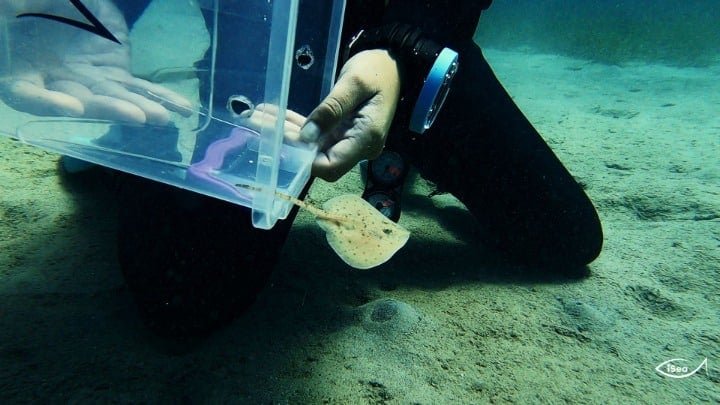
Drawing on its long-standing maritime expertise, Greece is an active participant in the Interreg Black Sea Basin Programme, an EU initiative aimed at fostering regional collaboration. The country plays a crucial role in marine spatial planning, mapping, and environmental protection, establishing itself as a valuable partner in the Black Sea region.
The Aristotle University of Thessaloniki (AUTH) maintains strong ties with the region. Thessaloniki’s historical and geographical connections with neighboring countries such as Bulgaria and Romania, as well as broader migration flows over the past century, have strengthened its links with the Black Sea Basin.
Key projects involving Aristotle University of Thessaloniki in the Black Sea
One flagship initiative is the MARMAPS project, funded by the Interreg Black Sea Programme and scheduled for completion by the end of 2025.
According to Professor Antonios Mazaris of AUTH’s Department of Biology, the project brings together four partners: the Aristotle University of Thessaloniki of Greece, the Ukrainian Environmental Service, a Romanian NGO, and the coordinating lead partner, the Black Sea NGO Network branch in Varna, Bulgaria.
The project’s goal is to establish an open portfolio of information resources to support marine spatial planning in the Black Sea. This aligns with the Convention on Biological Diversity, signed by 197 countries, and the EU’s biodiversity strategy, which requires member states to protect 30 percent of terrestrial and marine areas by 2030, with 10 percent under strict protection.
Another ongoing initiative is Response, coordinated by AUTH in partnership with institutions from Greece, Bulgaria, Romania, Ukraine, and Georgia. This project focuses on tackling marine pollution, with a specific emphasis on pollution linked to armed conflicts, particularly relevant in light of the war in Ukraine.
Expert perspectives
“One of the key outcomes of the Response project will be a tool enabling a wide range of users—from government services and ministries to universities and schools—to develop educational programs that address specific issues of marine pollution,” explained Professor Mazaris.
The project also aims to engage stakeholders through practical resources such as monitoring manuals, citizen science guidelines, and standardized protocols aligned with international models and EU directives. These tools will ensure data collection and analysis are structured, reliable, and comparable across the region.


